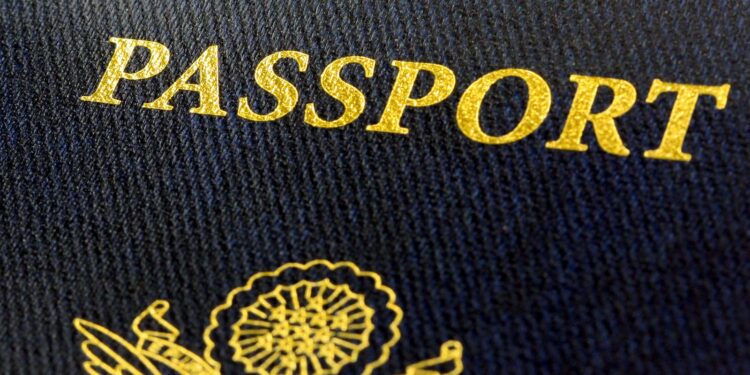Understanding Yellow Fever Vaccination Requirements for Business Aircraft Travel

Business aircraft operators run the risk of delayed or unfulfilled travel plans without required vaccinations or adequate vaccination records. Prior to any international travel – particularly to regions where yellow fever is endemic – it’s best to consult with your physician and 3rd-party provider at least a couple of weeks prior to operation.
The following is an overview of what you need to know:
1. In certain cases vaccinations for all people onboard are required
A number of countries require yellow fever vaccinations for all onboard. Primary regions of concern for yellow fever are Africa, South America, and Central America. At this time many countries that lie within central and western Africa – including Central African Republic and Mali – require yellow fever vaccinations. Other countries – including Costa Rica and India – require proof of yellow fever vaccination only if passengers and crew have visited an endemic country within a certain timeframe prior to arrival, or if they’ve arrived directly from an endemic region.
2. Know vaccination requirements
Proof of vaccination is often required when traveling from one endemic country to another. Some countries that have endemic yellow fever regions, including Brazil, only recommend passengers and crew be vaccinated. Certain countries that had previously required yellow fever vaccination – including Brazil and Colombia – no longer do. Both countries now only recommend vaccinations for those traveling to certain regions within their borders. It’s always best to confirm requirements, in advance, for all countries you intend to visit.
3. Be aware of yellow fever vaccination procedures and exceptions
Yellow fever vaccination protects against the disease for 10 years. It’s recommended that those who receive the vaccine and will be at continued risk receive a booster every 10 years. When yellow fever vaccination is required, vaccination should be done no less than 10 days prior to landing in a country requiring vaccination. Expectant mothers, mothers who are breast-feeding, and children less than nine months old cannot receive yellow fever vaccinations, but it’s best to confirm with your physician. Persons who cannot be vaccinated due to medical reasons have the ability to obtain a waiver. It’s recommended that such travelers obtain written waivers from consular or embassy officials prior to departure. For certain locations, a physician’s letter may be sufficient to fulfill vaccination waiver requirements. This letter should be written on physician letterhead and stamped by a health department or official immunization center.
4. Local authorities will confirm vaccination status
Some countries – such as Costa Rica – require incoming and departing passengers and crew to complete a written health questionnaire due to concern over spread of swine flu. When specific vaccinations are mandated, travelers will need to present an International Certificate of Vaccination. Be aware that travelers may be detained, or denied entry, if proof of vaccination is not presented on arrival in those countries where it’s required. Visit the World Health Organization website for more information concerning required vaccinations for international travel.
5. You may need to disinfect aircraft cabins
Certain countries – notably Australia, Fiji, and New Zealand – require insecticide spraying upon descent to ensure the aircraft does not bring pests or diseases into the country. For New Zealand, insecticide spraying may be done at top of descent with the used can, and a completed residual spray certificate, presented to quarantine officer upon arrival. Otherwise, spray must be released upon arrival with doors closed and crew/passengers onboard. Australia requires aircraft cabins to be sprayed twice – at top of descent and prior to departure. Used cans and caps must also be presented to the quarantine officer. To help expedite inbound clearance, it’s recommended that crew complete disinfection certificates prior to arrival in Australia. When flying to Fiji, the cabin must be sprayed at top of descent with empty cans presented to the quarantine officer upon arrival (no certificate of spraying required). Note that your aircraft cabin may also be sprayed upon arrival in Fiji.
Conclusion
Consult with your physician if you travel internationally on a regular basis. Best practice is to have a yellow fever vaccination if you intend to travel to any location endemic to yellow fever. Other vaccinations to consider – although these are usually only recommended and seldom required – include hepatitis and malaria, depending on where you’ll be traveling.
Questions?
If you have any questions about this article, contact Christine Vamvakas at christinevamvakas@univ-wea.com.




